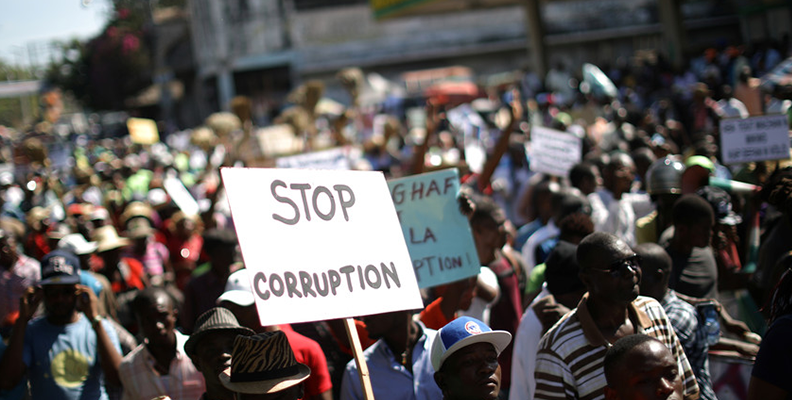In a powerful plea to the government, activists in Uganda are demanding the prioritization of whistleblower protection, particularly within the office of the Inspectorate General of Government (IGG).
During the revealing of the Uganda Parliament exhibition report, these passionate voices shed light on the alarming risks faced by those who expose corrupt officials.
The report, compiled by the Evidence and Methods Lab (EML), Agora, and Action Aid International, was a response to a social media campaign led by Jim Spire Ssentongo, Godwin Toko, and Agatha Atuhaire, aptly named Uganda Parliament Exhibition. By analyzing tweets using the hashtag (#UgandaParliamentExhibition), the report’s findings resonated with a resounding outcry against corruption and the misuse of public funds within Uganda’s Parliament.
Navigating the delicate balance of reporting
One of the critical recommendations within the report is the protection of whistleblowers, recognizing the immense courage displayed by individuals who come forward with information about corruption. Sadly, these brave souls often find themselves subjected to harassment and threats, placing their lives in grave danger.
Micheal Katagaya, the team leader of Evidence and Methods Lab, emphasized the urgency of protecting whistleblowers, stating, “The people that have come up to expose some of the information have been harassed or threatened.” The report aims to shed light on the issues raised by concerned citizens, focusing on matters directly connected to the workings of parliament.
Furthermore, the report aims to ensure accuracy and fairness by inviting individuals accused of corruption to present their side of the story. However, in many cases, they have failed to appear or provide any substantial information to counter the allegations against them. Verifiability and truthfulness are paramount in the report, as it relies on information shared by citizens and corroborated through various sources.
Challenges Faced by Whistleblowers
During the report launch, Munira Ali, the spokesperson for the Inspector General of Government (IGG), highlighted a significant challenge faced by their office.
Whistleblowers, after reporting their complaints, often expose them through the media, making it difficult for the IGG to protect them effectively. The Whistleblowers Act is in place to safeguard these individuals, but it can only be fully utilized if confidentiality is maintained.
Addressing this issue, Ali stated, “Don’t go out to expose yourself; even when you want to tell the media that you have recorded, don’t expose your identity.” Ali called upon whistleblowers to trust in the IGG’s ability to investigate and rectify matters.
The office cannot be everywhere at once, and they rely on individuals to come forward with valuable information that can lead to investigations or improvements within government systems.
Public Outcry against Corruption
In addition to highlighting the need for whistleblower protection, the report also calls for vital reforms within the parliamentary system. Ethical standards must be upheld, and the public’s interests should always take precedence over personal gain.
The report reflects the public’s desire for enhanced engagement and participation in decision-making processes, cementing the importance of an inclusive and accountable government.
As Uganda stands at a crossroads, the call for action grows louder. The protection of whistleblowers is not just a matter of justice; it is a crucial step towards combating corruption and ensuring transparency within the country’s governance. It is time for the government to heed this urgent plea and forge a path towards a stronger, more accountable Uganda.


